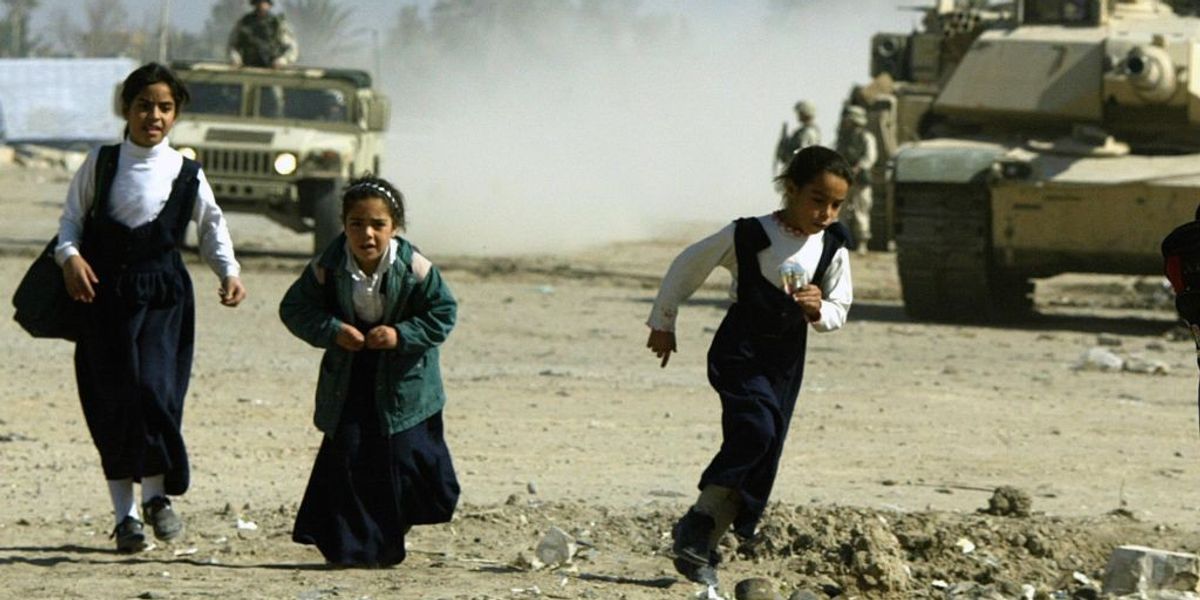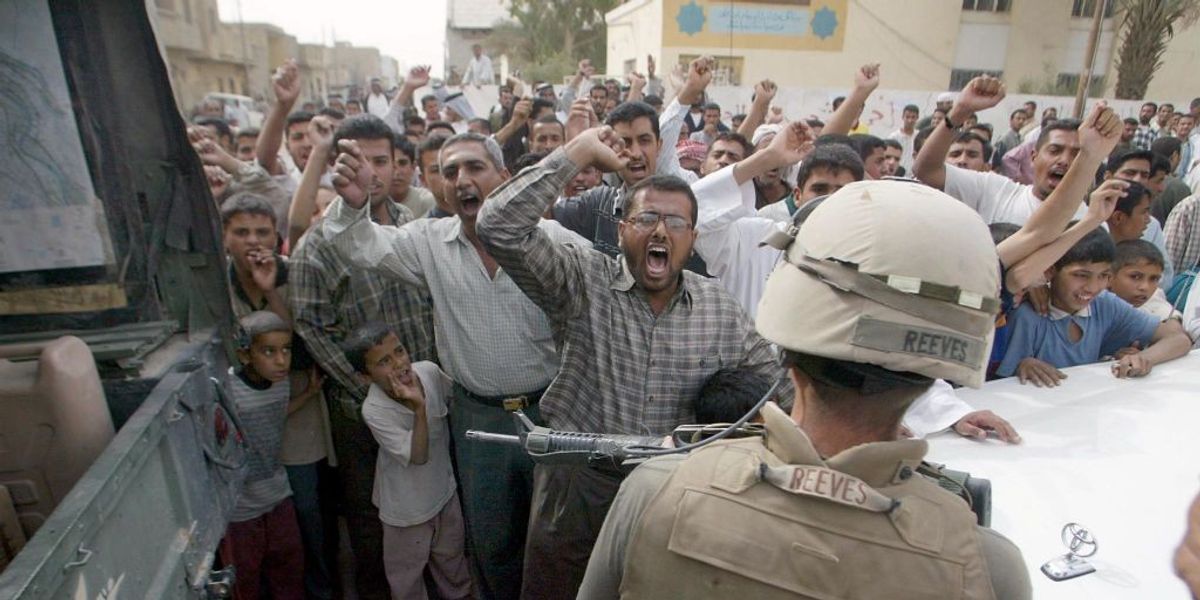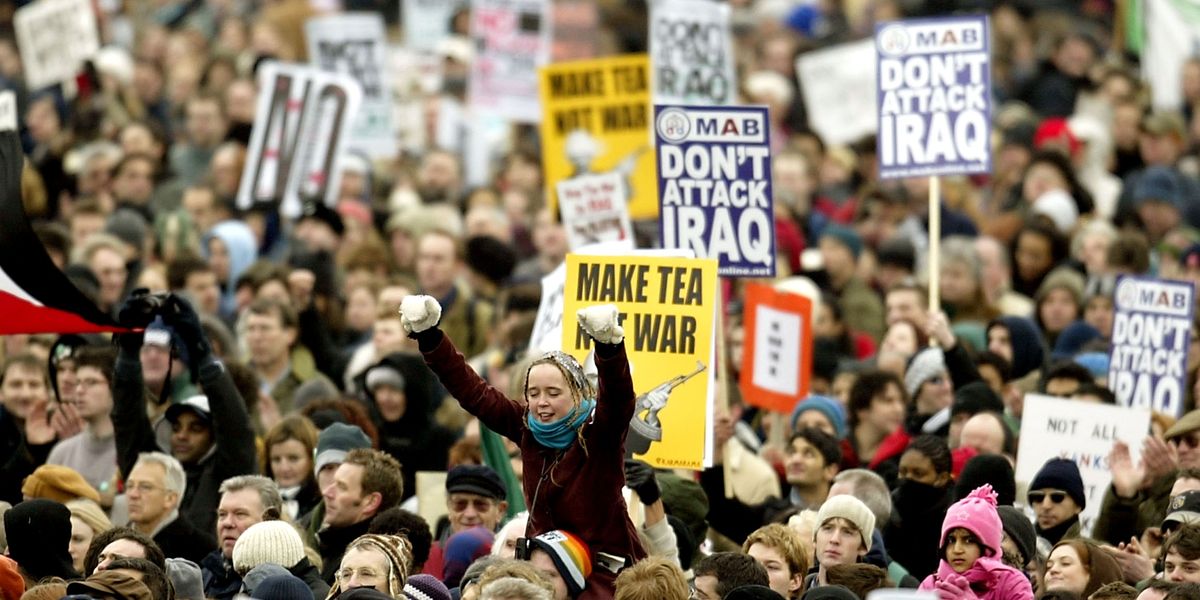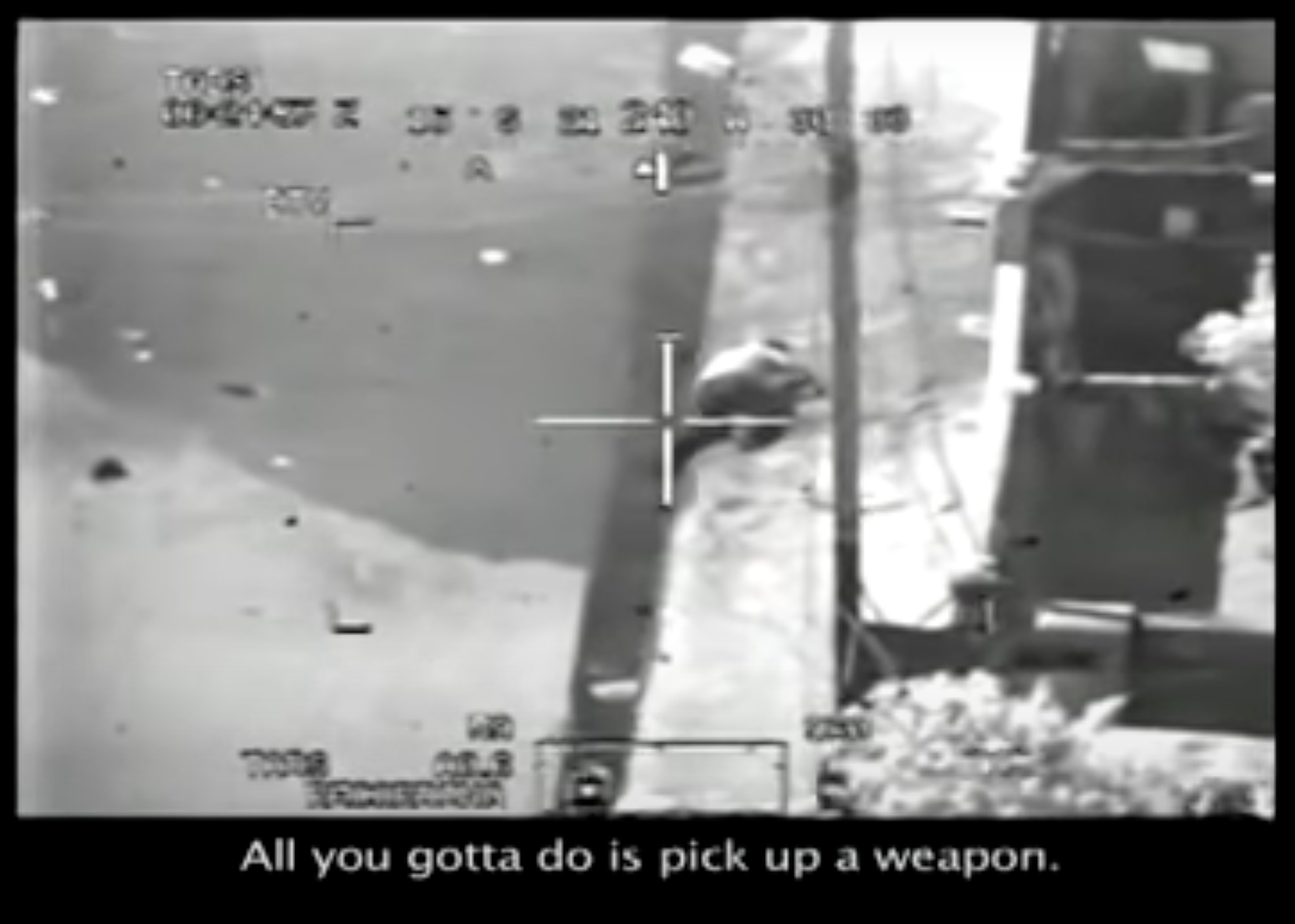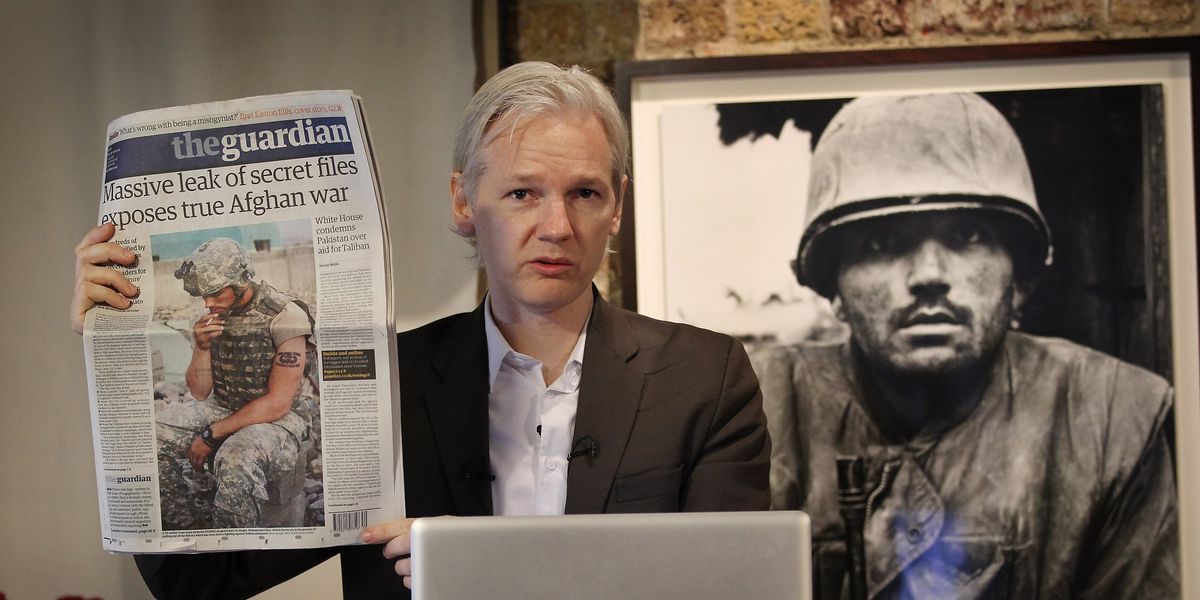
On the fourth anniversary of Julian Assange’s arrest, Congresswoman Rashida Tlaib led six other progressive lawmakers in calling on U.S. Attorney General Merrick Garland to “uphold the First Amendment’s protections for the freedom of the press by dropping the criminal charges” against the Australian WikiLeaks founder and withdrawing the extradition request of the U.K. government.
Assange has been jailed at Belmarsh Prison in London since U.K. authorities forcibly removed him from the Ecuadorian Embassy in 2019. The 51-year-old publisher continues to fight his extradition to the United States, which the U.K. government approved last year.
Tlaib (D-Mich.) along with Reps. Jamaal Bowman (D-N.Y.), Cori Bush (D-Mo.), Greg Casar (D-Texas), Alexandria Ocasio-Cortez (D-N.Y.), Ilhan Omar (D-Minn.), and Ayanna Pressley (D-Mass.) on Tuesday joined media outlets, world leaders, and civil liberties, human rights, and press freedom groups that have decried U.S. efforts to prosecute Assange under the Espionage Act.
Such organizations “have been emphatic that the charges against Mr. Assange pose a grave and unprecedented threat to everyday, constitutionally protected journalistic activity, and that a conviction would represent a landmark setback for the First Amendment,” the Democrats wrote to Garland. “This global outcry against the U.S. government’s prosecution of Mr. Assange has highlighted conflicts between… America’s stated values of press freedom and its pursuit of Mr. Assange.”
“We urge you to immediately drop these Trump-era charges against Mr. Assange and halt this dangerous prosecution.”
The lawmakers argued that prosecuting the publisher “for carrying out journalistic activities greatly diminishes America’s credibility as a defender of these values, undermining the United States’ moral standing on the world stage, and effectively granting cover to authoritarian governments who can (and do) point to Assange’s prosecution to reject evidence-based criticisms of their human rights records and as a precedent that justifies the criminalization of reporting on their activities.”
“Assange faces 17 charges under the Espionage Act and one charge for conspiracy to commit computer intrusion,” they noted. “The Espionage Act charges stem from Mr. Assange’s role in publishing information about the U.S. State Department, Guantánamo Bay, and wars in Iraq and Afghanistan. Much of this information was published by mainstream newspapers, such as The New York Times and Washington Post, who often worked with Mr. Assange and WikiLeaks directly in doing so. Based on the legal logic of this indictment, any of those newspapers could be prosecuted for engaging in these reporting activities.”
However, “the prosecution of Mr. Assange marks the first time in U.S. history that a publisher of truthful information has been indicted under the Espionage Act,” the letter highlights. “The prosecution of Mr. Assange, if successful, not only sets a legal precedent whereby journalists or publishers can be prosecuted, but a political one as well.”
“As attorney general, you have rightly championed freedom of the press and the rule of law in the United States and around the world,” the document added, pointing to the U.S. Department of Justice’s recently revised media regulations. “We are grateful for these pro-press freedom revisions, and feel strongly that dropping the Justice Department’s indictment against Mr. Assange and halting all efforts to extradite him to the U.S. is in line with these new policies.”
“Every day that the prosecution of Julian Assange continues is another day that our own government needlessly undermines our own moral authority abroad and rolls back the freedom of the press under the First Amendment at home,” the letter concludes. “We urge you to immediately drop these Trump-era charges against Mr. Assange and halt this dangerous prosecution.”
The Democrats’ appeal to Garland coincided with similar demands from parliamentarians across the political spectrum in Australia, Brazil, Mexico, and the United Kingdom, and was welcomed by groups that have long demanded Assange’s freedom.
“As Julian Assange marks four years in Belmarsh prison and faces possible imminent extradition to the United States, it’s more crucial for members of Congress to speak up now than ever before,” said Rebecca Vincent, director of operations and campaigns at Reporters Sans Frontières, or Reporters Without Borders (RSF). “No one should face prosecution or the possibility of the rest of their lives in prison for publishing information in the public interest.”
“As long as the case against Assange continues, it will be a thorn in the side of the U.S. government, and undermines U.S. efforts to defend media freedom globally,” Vincent added. “We welcome Rep. Tlaib’s leadership on this issue and encourage widespread support for her call on the Justice Department to drop the charges against Assange. It’s time for the U.S. to lead by example by bringing this 12-year-old case to a close and allowing for his release without further delay.”
Chip Gibbons, policy director of Defending Rights & Dissent, similarly applauded the Michigan Democrat for her “courageous defense of the First Amendment.”
“Defending the Bill of Rights is the responsibility of every branch of government,” said Gibbons, “and we are proud to stand with those members of Congress who are joining with nearly every press freedom group and newspapers such as The New York Times, in calling on the Department of Justice to end its prosecution of Julian Assange.”
Freedom of the Press Foundation’s Seth Stern also commended Tlaib’s “efforts to finally put an end to the unconstitutional prosecution of Julian Assange,” stressing that “whatever one might think about Assange personally, there is no principled distinction between the conduct he is charged with and the kind of investigative journalism that has helped shape U.S. history.”
“As long as the government claims the power to prosecute newsgathering, all journalists can do is hope prosecutors exercise restraint and don’t come after them for doing their jobs. Journalists will surely tread more cautiously as a result,” he warned. “No one who values the First Amendment should be comfortable with that, which is why every major press rights and civil liberties organization opposes Assange’s prosecution.”

 at QMU
at QMU 
